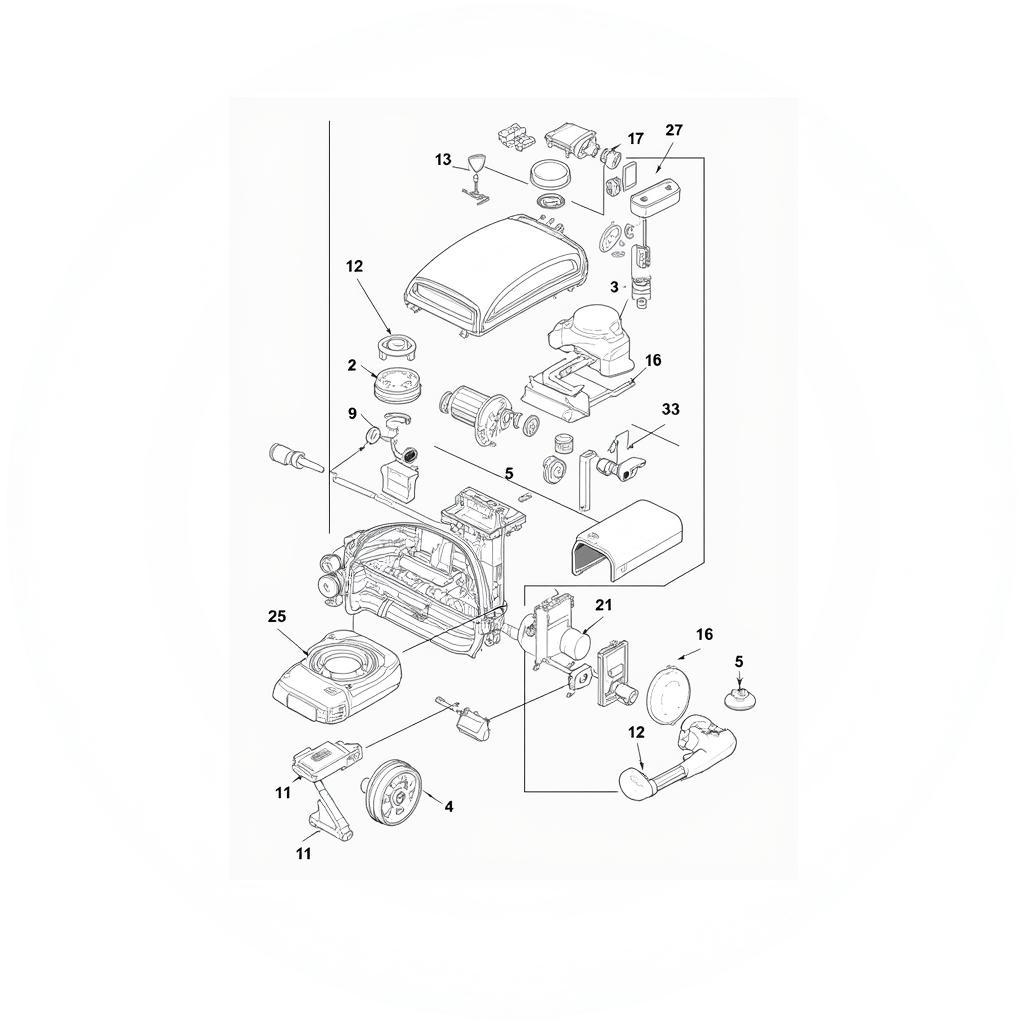It’s frustrating when your car seems to break down more often than it should, especially when you’re on a tight budget. We’ve all been there, feeling like our vehicle is a constant source of stress and unexpected expenses. But before you throw in the towel and buy a new car, let’s explore the reasons why you might be experiencing these recurring car issues.
Ignoring Regular Maintenance
One of the most common reasons for frequent car problems is neglecting regular maintenance. Think of your car like a well-oiled machine—it needs consistent attention to keep running smoothly. Ignoring simple tasks like oil changes, air filter replacements, and tire rotations can lead to more significant issues down the line. Imagine a car with a clogged air filter. It can’t breathe properly, leading to reduced engine performance and ultimately, potential engine damage.
Driving Habits
Your driving habits can significantly affect your car’s health. Aggressive acceleration, hard braking, and driving in harsh conditions can put extra strain on your vehicle’s components. For example, if you constantly accelerate aggressively, you’ll wear down your brakes quicker. Similarly, frequently driving on rough roads can damage your suspension, leading to a bumpy ride and potential steering problems.
Vehicle Age and Mileage
As your car gets older and accumulates mileage, it’s natural for components to wear down. This means you might experience more frequent issues as time goes on. Some parts, like the engine, have a limited lifespan, and replacing them is inevitable. For example, a car with over 200,000 miles is more likely to need major repairs compared to a brand new vehicle.
Driving Through Harsh Weather Conditions
Extreme temperatures and harsh weather can also affect your car’s performance. For instance, driving in very cold weather can lead to battery issues, as the cold reduces the battery’s ability to deliver power. Similarly, driving in extremely hot weather can cause engine overheating if your cooling system isn’t functioning correctly.
The Importance of Preventive Maintenance
You might think preventive maintenance is expensive, but it’s a much better investment than waiting for a major problem to happen. Regular maintenance schedules can help prevent major breakdowns and costly repairs.
“It’s like getting a checkup at the doctor; it’s always better to catch things early than to wait until they become a bigger problem.” – Mark Johnson, Certified Mechanic
How to Prevent Future Car Problems
Here are some tips to avoid those frequent car troubles:
- Stick to the manufacturer’s recommended maintenance schedule: Check your car’s owner’s manual for specific service intervals for oil changes, tire rotations, and other essential maintenance.
- Don’t ignore warning lights: If your car’s dashboard is flashing a warning light, don’t ignore it. It’s your vehicle’s way of telling you something is wrong, and the longer you wait, the more severe the issue might become.
- Check your fluids: Regularly check your car’s fluids, including oil, coolant, brake fluid, and power steering fluid. Low fluid levels can cause damage to your car’s systems.
- Get your car inspected regularly: Even if your car is relatively new, it’s still a good idea to have it inspected by a qualified mechanic every six months. This can help catch potential issues early on before they escalate.
- Drive defensively: Anticipate potential hazards on the road and avoid aggressive driving to reduce wear and tear on your vehicle.
Common Signs of Car Trouble
If you’re unsure about your car’s health, look out for these common signs of car trouble:
- Unusual noises: Grinding, knocking, squealing, or whistling sounds could indicate a problem with your engine, brakes, or other components.
- Check Engine Light: If your check engine light illuminates, it’s a clear indication of a potential problem. You should get it checked by a mechanic as soon as possible.
- Smoke coming from the engine: Smoke coming from your engine could indicate a leak or overheating, and should be addressed immediately.
- Fluid leaks: If you notice any fluid leaks, it’s important to identify the type of fluid and take your car to a mechanic for repairs.
- Reduced performance: If your car is struggling to accelerate or loses power, it could be a sign of a problem with your engine or transmission.
Conclusion
While car problems are inevitable, understanding the root causes and implementing preventive maintenance practices can significantly minimize their frequency. By taking care of your car, you can save yourself from costly repairs and enjoy a smoother, more reliable ride.
If you’re experiencing frequent car troubles and need expert help, reach out to us at AutoTipPro. Our team of certified mechanics can diagnose and repair any issues, ensuring your car stays in top shape.
Contact us today!
Phone: +1 (641) 206-8880
Office: 500 N St Mary’s St, San Antonio, TX 78205, United States
FAQ
Q: What are the most common car problems?
A: Some common car problems include engine issues, brake problems, tire issues, electrical malfunctions, and cooling system failures.
Q: How often should I get my car inspected?
A: It’s generally recommended to have your car inspected at least twice a year, or every 6 months.
Q: How do I know if I need a new car?
A: If your car requires frequent repairs, is nearing the end of its lifespan, or is no longer safe to operate, it might be time to consider a new vehicle.
Q: What are some common car maintenance tips?
A: Some helpful tips include regularly checking your tire pressure, keeping your fluids topped off, and following the manufacturer’s recommended maintenance schedule.
Q: How can I save money on car maintenance?
A: Consider using a trusted local mechanic instead of a dealership, purchase parts online, and perform simple maintenance tasks yourself if you’re comfortable doing so.





Leave a Reply